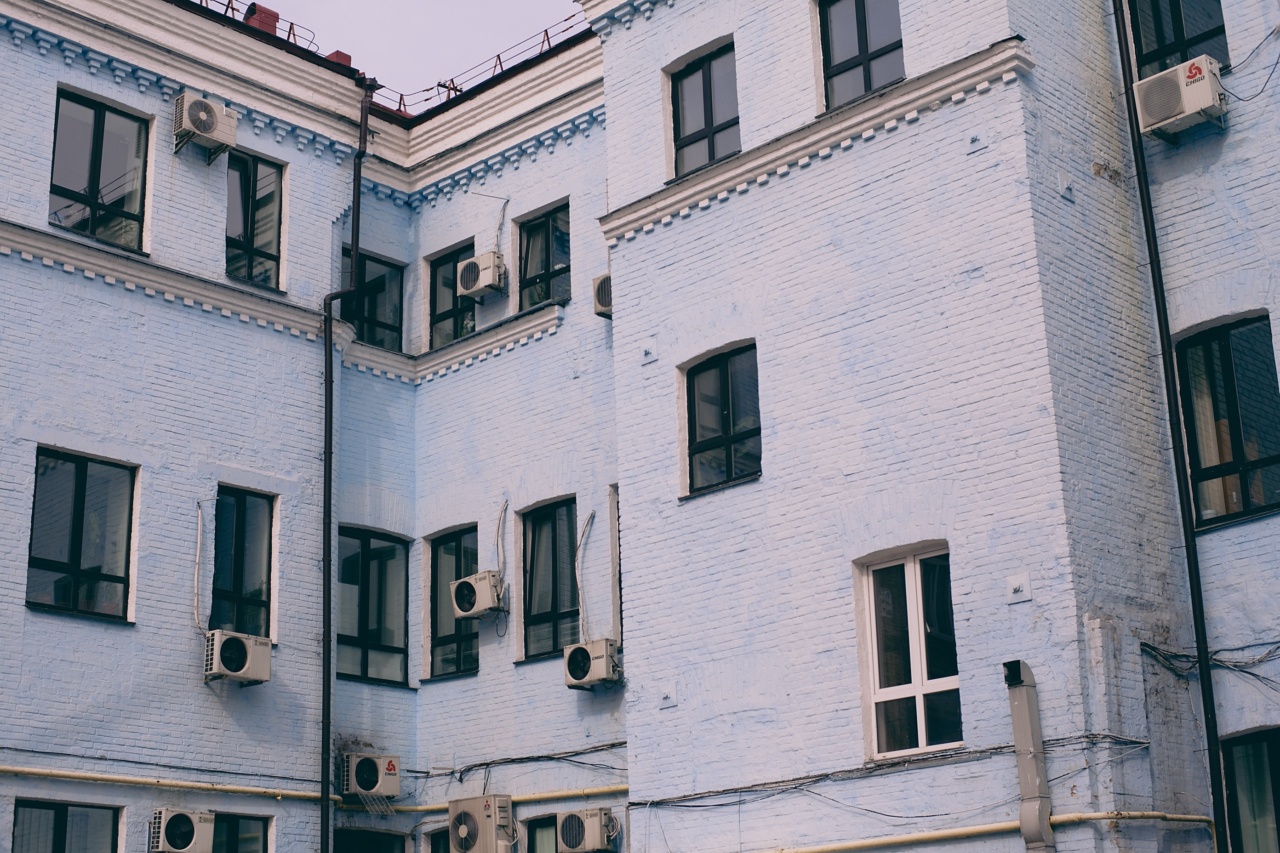Air conditioning has become a common feature in many households and workplaces around the world. While it offers relief from the scorching heat during the summer months, there are potential downsides to relying on air conditioning excessively.
In this article, we will explore the reasons why air conditioning may be bad for you and how it can impact your health and well-being.
1. Dry Skin and Eyes
One of the most immediate effects of air conditioning is the drying of the skin and eyes. When air conditioning is turned on, it removes moisture from the air, leading to decreased humidity levels. This can result in dry, itchy skin and irritated eyes.
If you already have dry skin or suffer from conditions like eczema, spending prolonged periods in air-conditioned environments can exacerbate these problems.
2. Respiratory Issues
Prolonged exposure to air conditioning can also lead to respiratory issues. The cold and dry air produced by air conditioners can cause the airways to constrict, leading to difficulty breathing for some individuals.
Additionally, the recirculation of air inside closed air-conditioned spaces can worsen indoor air quality, potentially triggering allergies, asthma, and other respiratory conditions.
3. Increased Energy Consumption
Air conditioning systems consume a significant amount of energy, contributing to increased energy consumption and higher electricity bills.
The demand for air conditioning during peak summer months also puts strain on the power grid, exacerbating the environmental impact. By reducing our reliance on air conditioning, we can help reduce energy consumption and promote sustainability.
4. Negative Environmental Impact
Air conditioning units rely on refrigerants that can have a detrimental effect on the environment. Many older models use chlorofluorocarbons (CFCs) as refrigerants, which deplete the ozone layer and contribute to global warming.
Though newer models use more environmentally friendly refrigerants, the disposal of old units can still pose a problem. Additionally, the energy needed to power air conditioning systems contributes to greenhouse gas emissions.
5. Impaired Immune System
Spending excessive time in an air-conditioned environment can weaken the immune system. The drastic difference in temperature between the indoors and outdoors can make it difficult for the body to adjust, causing stress on the immune system.
This, in turn, can make individuals more susceptible to infections, allergies, and illnesses.
6. Spread of Airborne Diseases
Air conditioning systems can inadvertently contribute to the spread of airborne diseases. When an infected person is present in an air-conditioned space, the virus or bacteria can be circulated throughout the room, potentially infecting others.
The recirculation of air combined with close proximity to other individuals can create an environment where diseases can easily spread.
7. Disruption of Sleep Patterns
Sleeping in an air-conditioned room can disrupt your natural sleep patterns. The cold temperature may make it difficult for some people to fall asleep or stay asleep throughout the night.
Additionally, the noise generated by air conditioning units can be a source of disturbance, further impacting the quality of sleep.
8. Muscle Stiffness and Joint Pain
Sitting in an air-conditioned environment for extended periods can lead to muscle stiffness and joint pain. The cold air can cause muscles and joints to contract, leading to discomfort and reduced flexibility.
For individuals with conditions like arthritis, the effects can be even more pronounced.
9. Psychological Impact
While air conditioning can provide comfort, it may also have psychological effects.
The stark contrast between the chilly indoor environment and the hot outdoor temperature can create a disconnect, making it difficult for individuals to adapt to different environments. This can lead to a decreased tolerance for heat and a reliance on air conditioning, hindering the ability to enjoy outdoor activities.
10. Increased Carbon Footprint
Lastly, widespread use of air conditioning contributes to the increase in carbon footprint. As more countries adopt air conditioning systems, the demand for energy rises and puts pressure on fossil fuels.
The energy required to power air conditioning systems leads to the release of greenhouse gases, contributing to climate change and environmental degradation.
Conclusion
While air conditioning can provide relief from hot and humid conditions, it is important to be aware of its potential negative effects on our health and the environment.
By using air conditioning sparingly, improving indoor air quality, and finding alternative methods to stay cool, such as natural ventilation and shade, we can mitigate some of these negative impacts. Striking a balance between comfort and sustainability is key to ensuring our well-being and preserving the environment for future generations.































